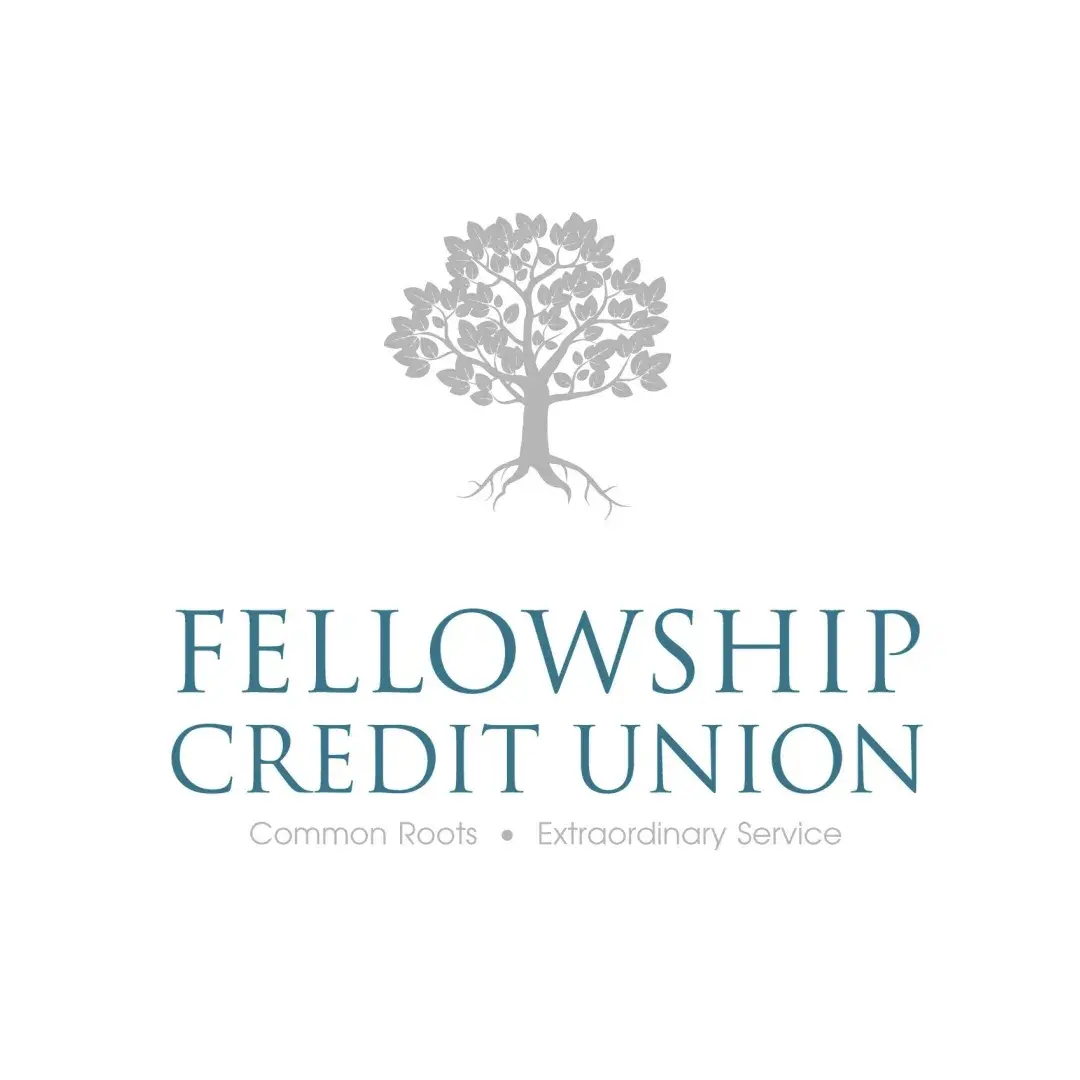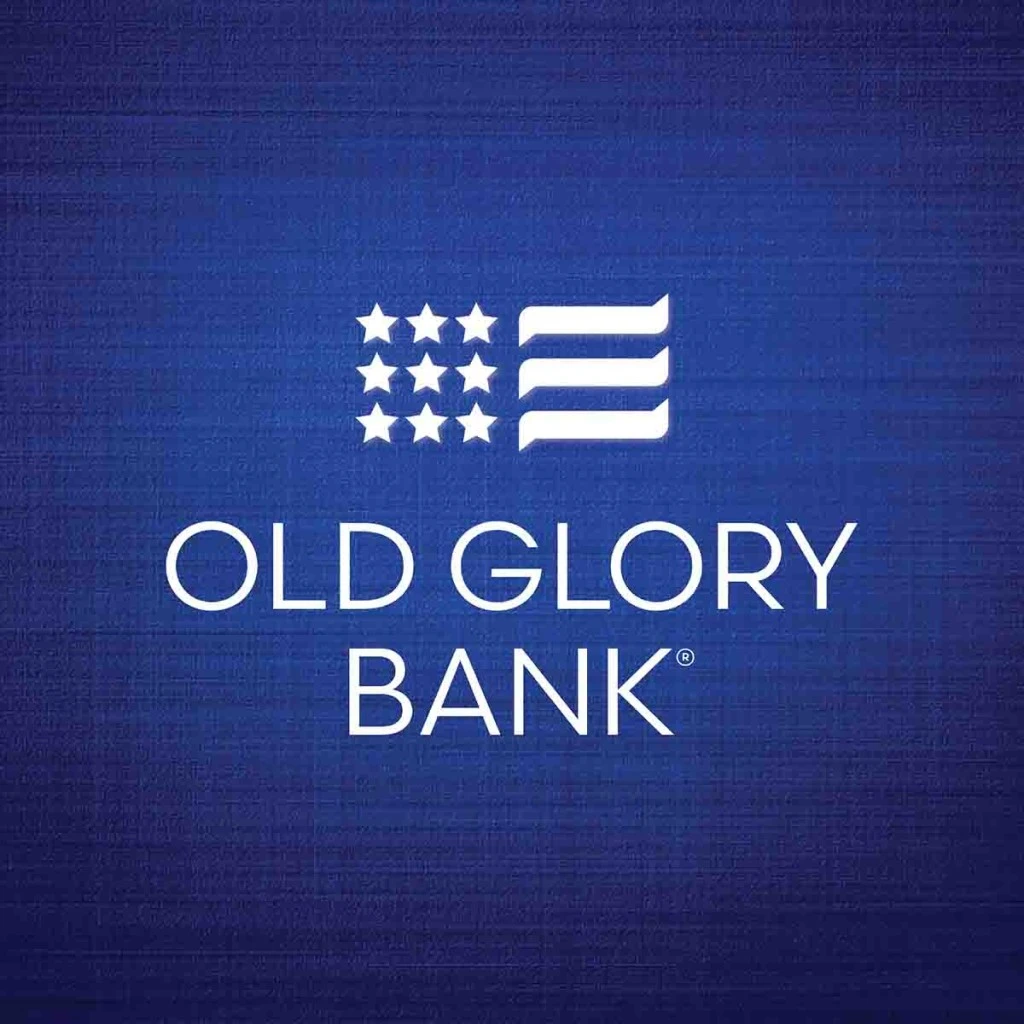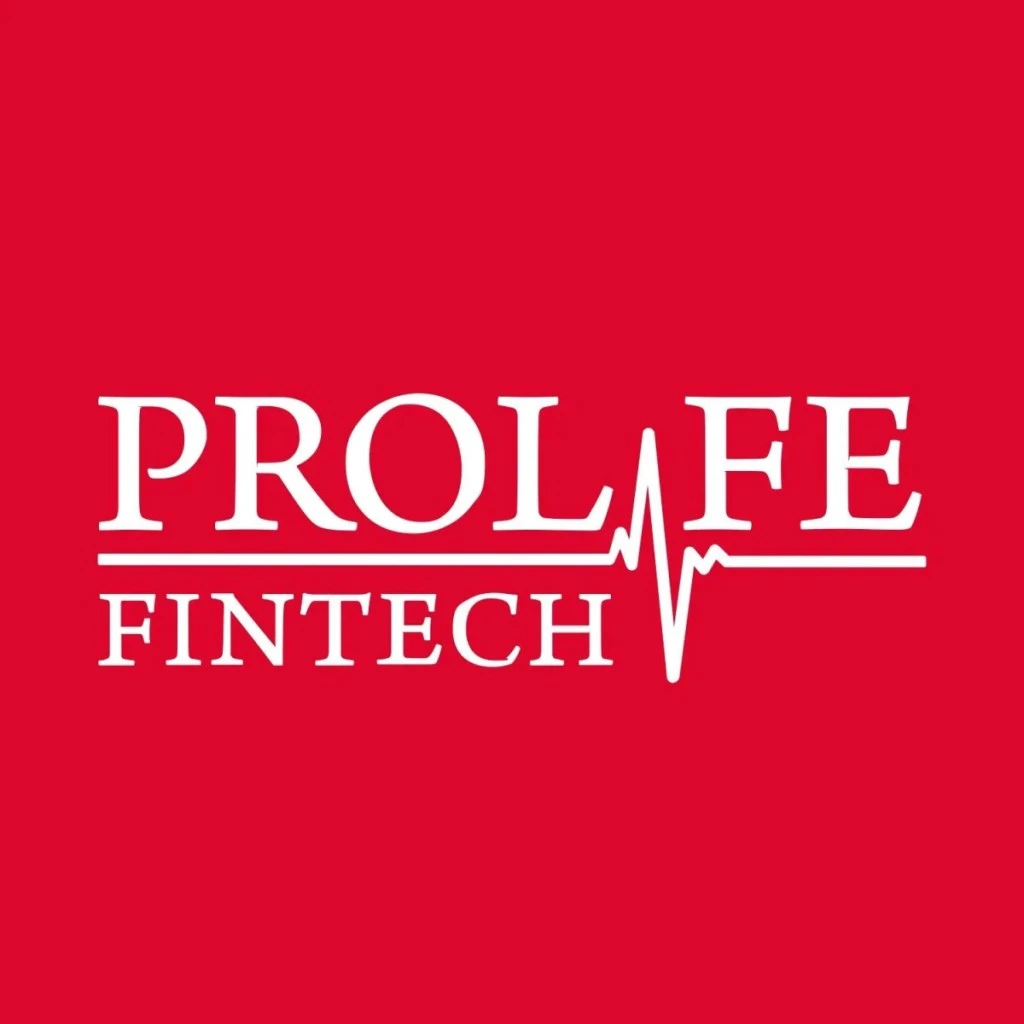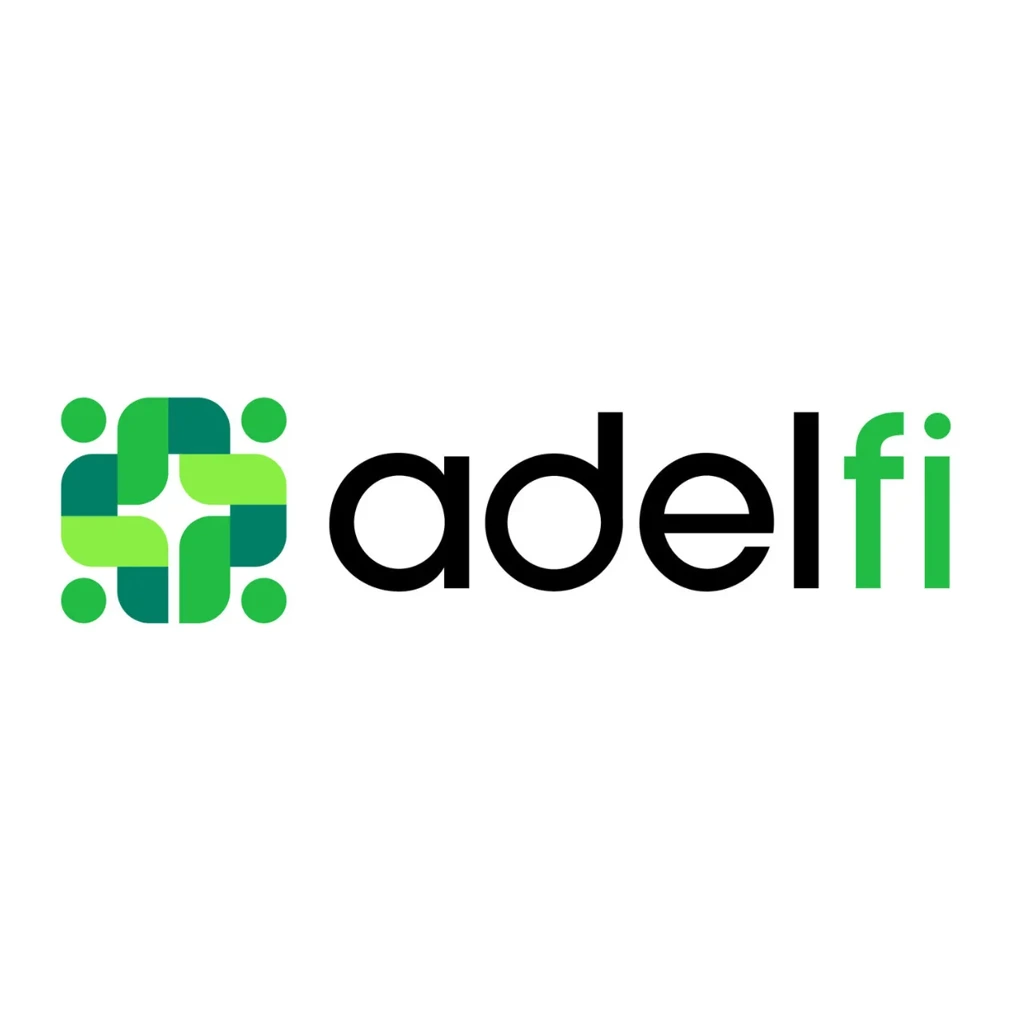Huntington Bank used to be the friendly neighborhood bank of the Midwest, steady, polite, and focused on customers. These days, it looks more like a nonprofit with a checking account. The bank has eagerly adopted every modern corporate cause: DEI, ESG, racial equity, climate action, and LGBTQ inclusion. Instead of leading with low fees and great service, Huntington leads with hashtags and impact pledges.
It has a Chief Diversity, Equity & Inclusion Officer on the executive team, a $40 billion “Community Plan” that funds social equity initiatives, and a glossy ESG report that reads more like a campaign platform than a financial disclosure. Huntington proudly touts its perfect score on the Human Rights Campaign’s Corporate Equality Index and runs internal programs dedicated to representation and identity awareness.
Unfortunately, as the bank has gotten louder about “inclusion,” its customer service has gone downhill. Many long-time clients complain that wait times are up, staff turnover is high, and the bank feels more bureaucratic than ever. In other words, Huntington has mastered inclusivity, but forgotten what it means to serve the people who actually pay the bills.











